The coil technique involves shaping pieces by layering hand-rolled coils of clay, combining creativity and precision. The white, semi-refractory clay used allows for the creation of solid and durable vases, while highlighting textures and finishes—whether smooth, polished, or rough—for a unique aesthetic and tactile result.
Upon completion of the training, the trainee will be able to:
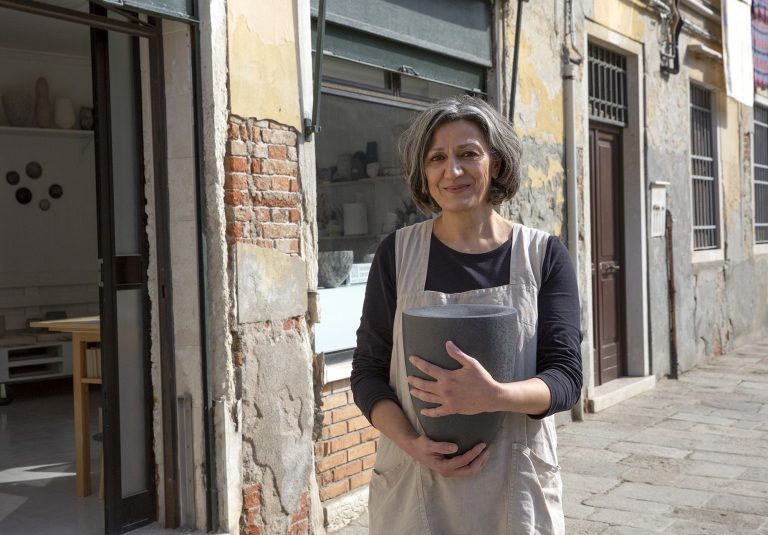
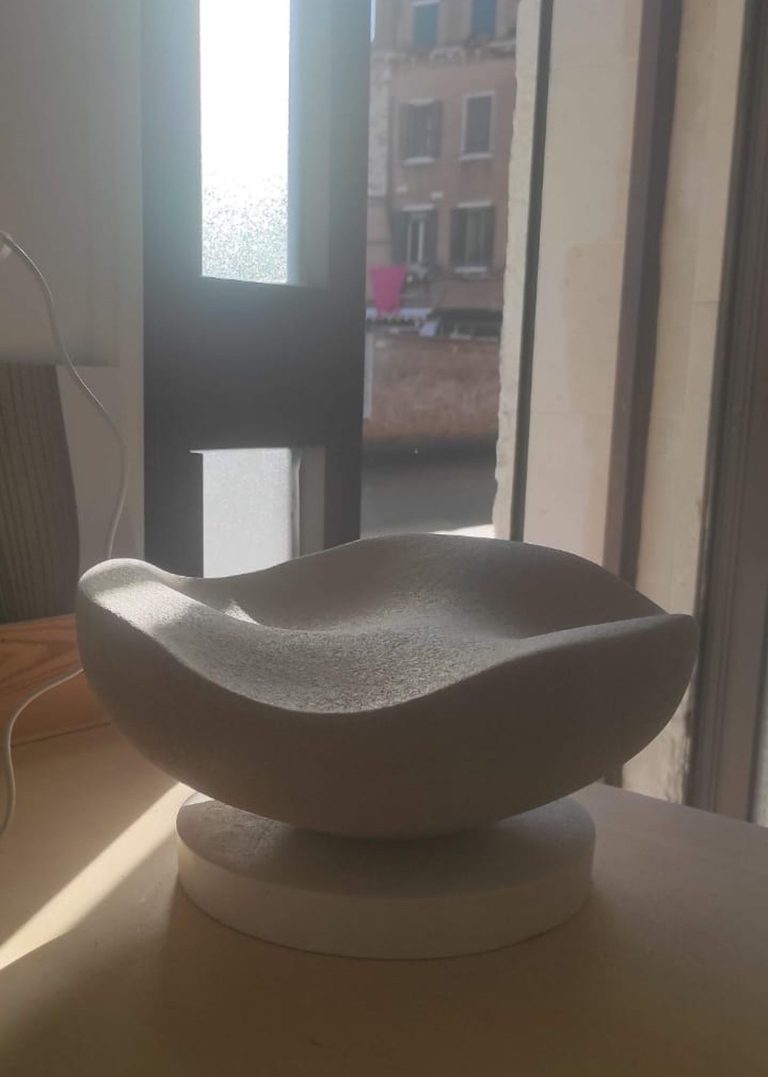
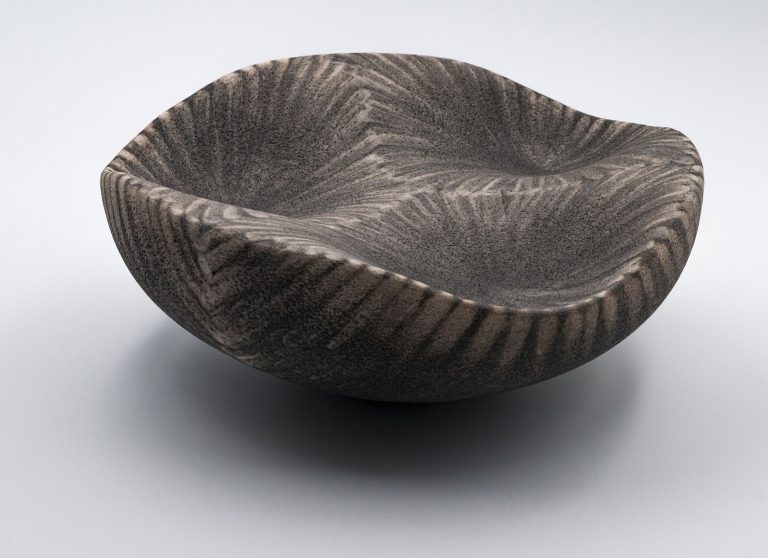
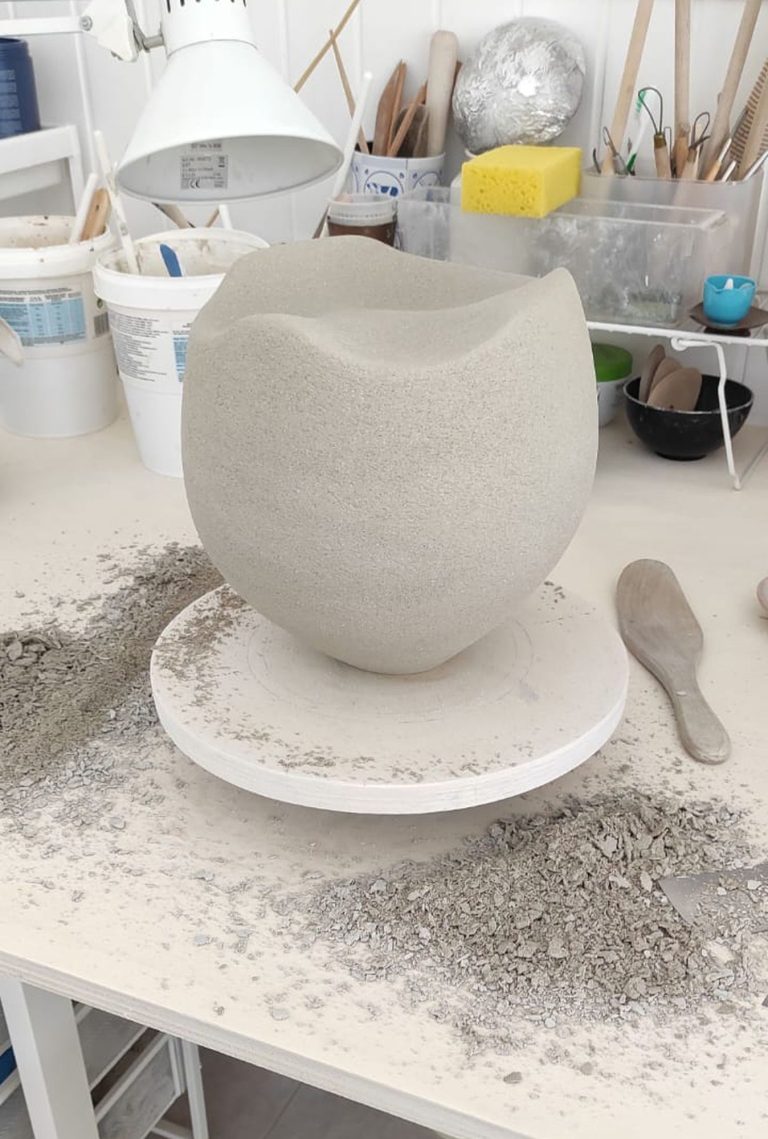
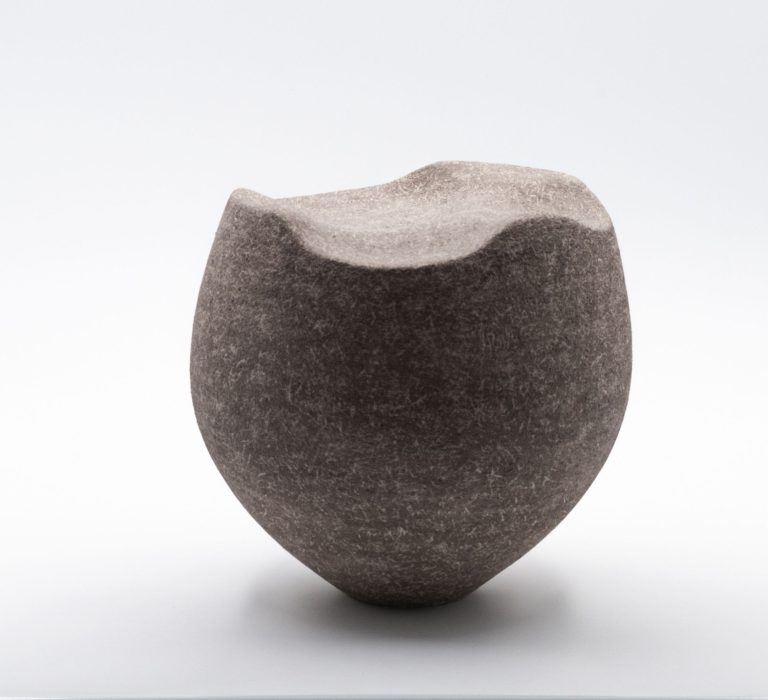
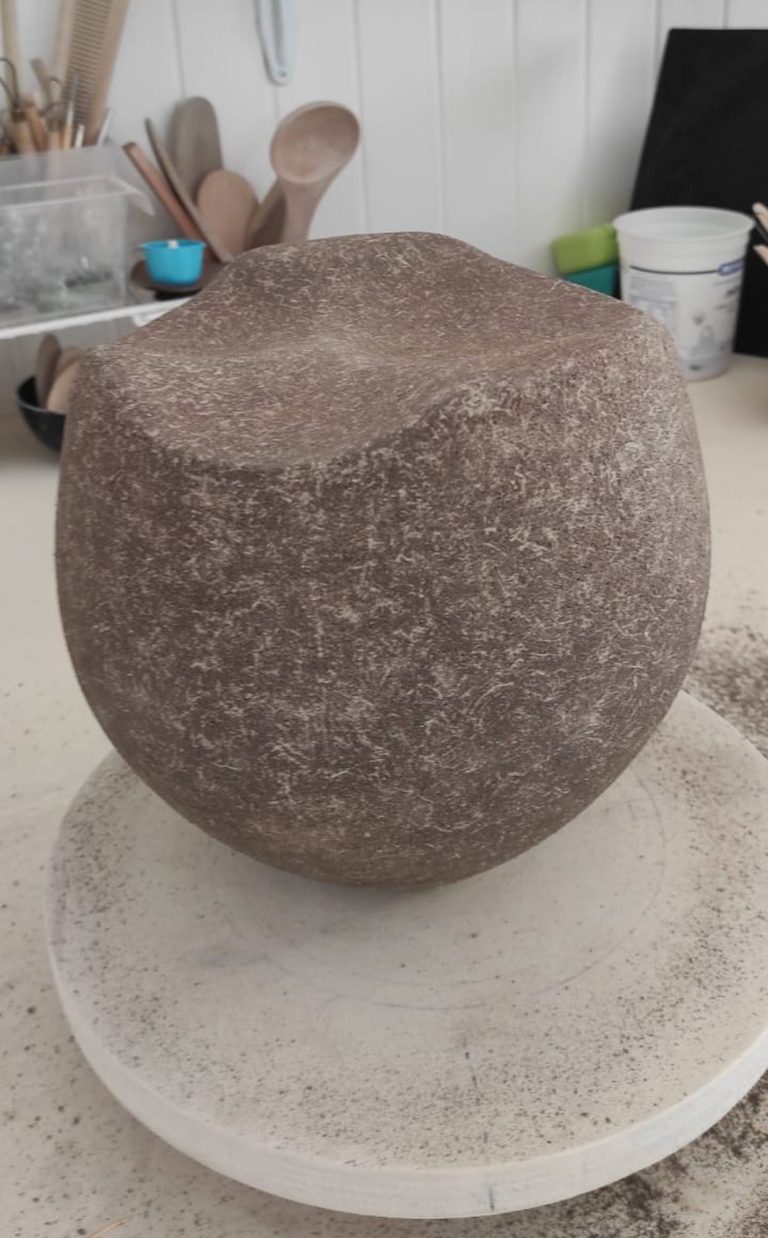
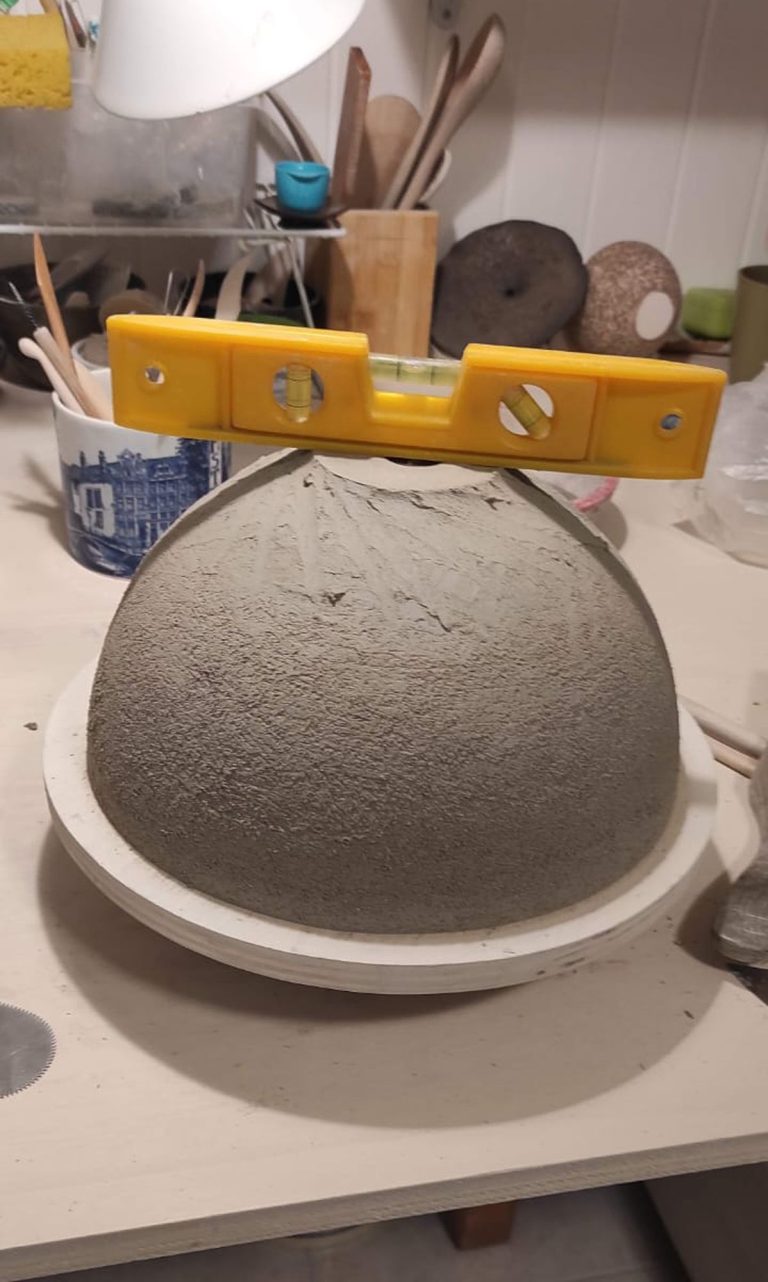
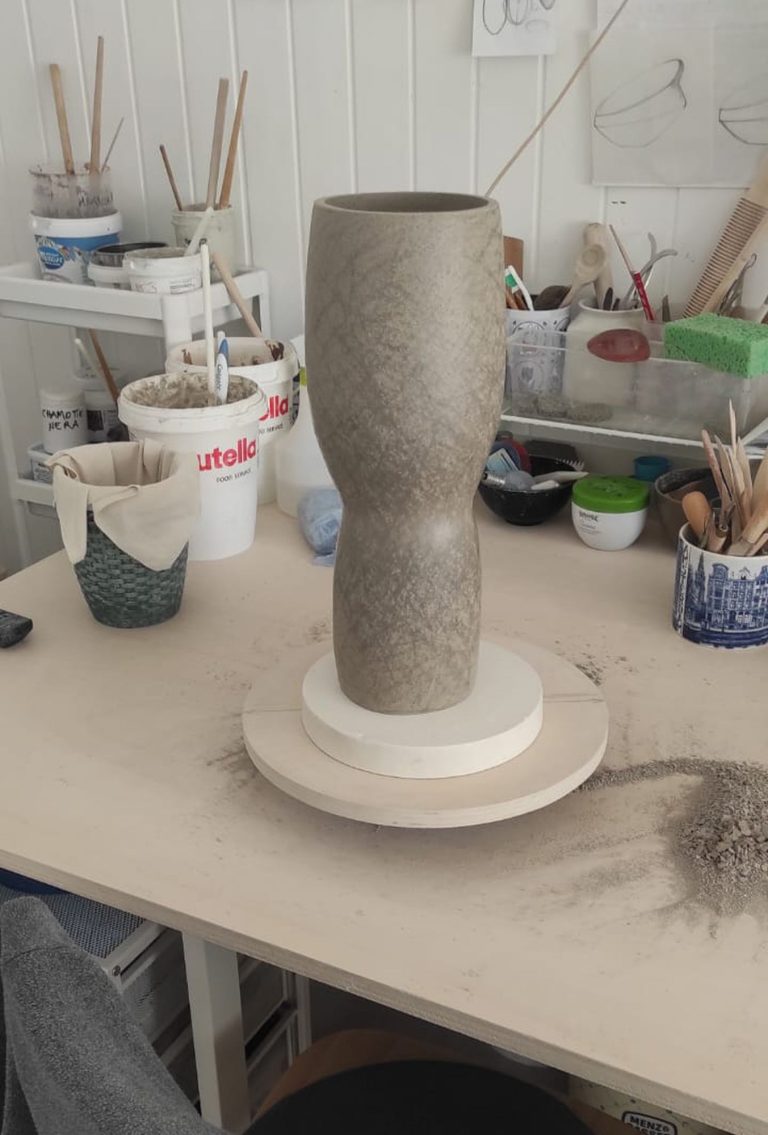
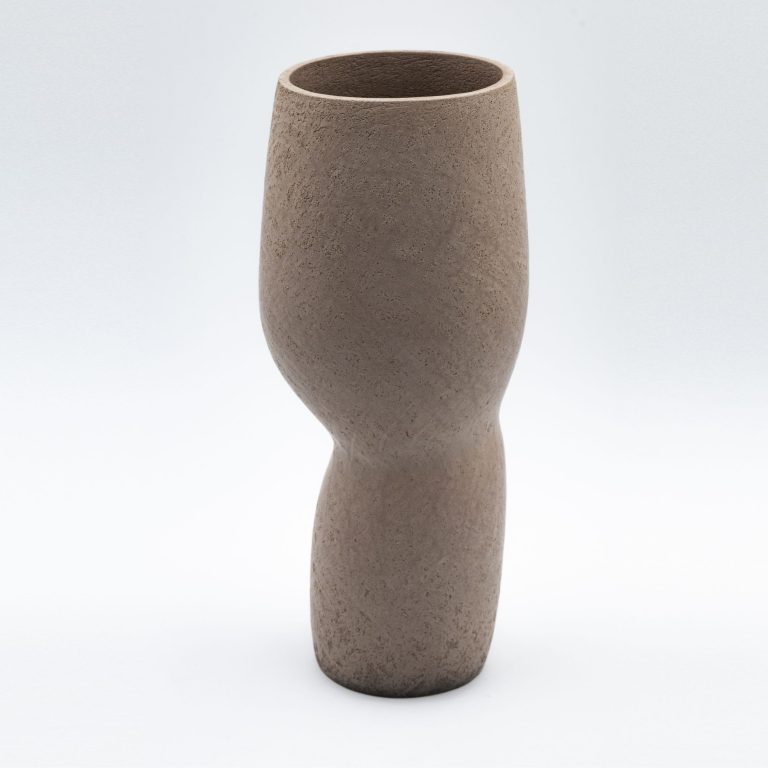
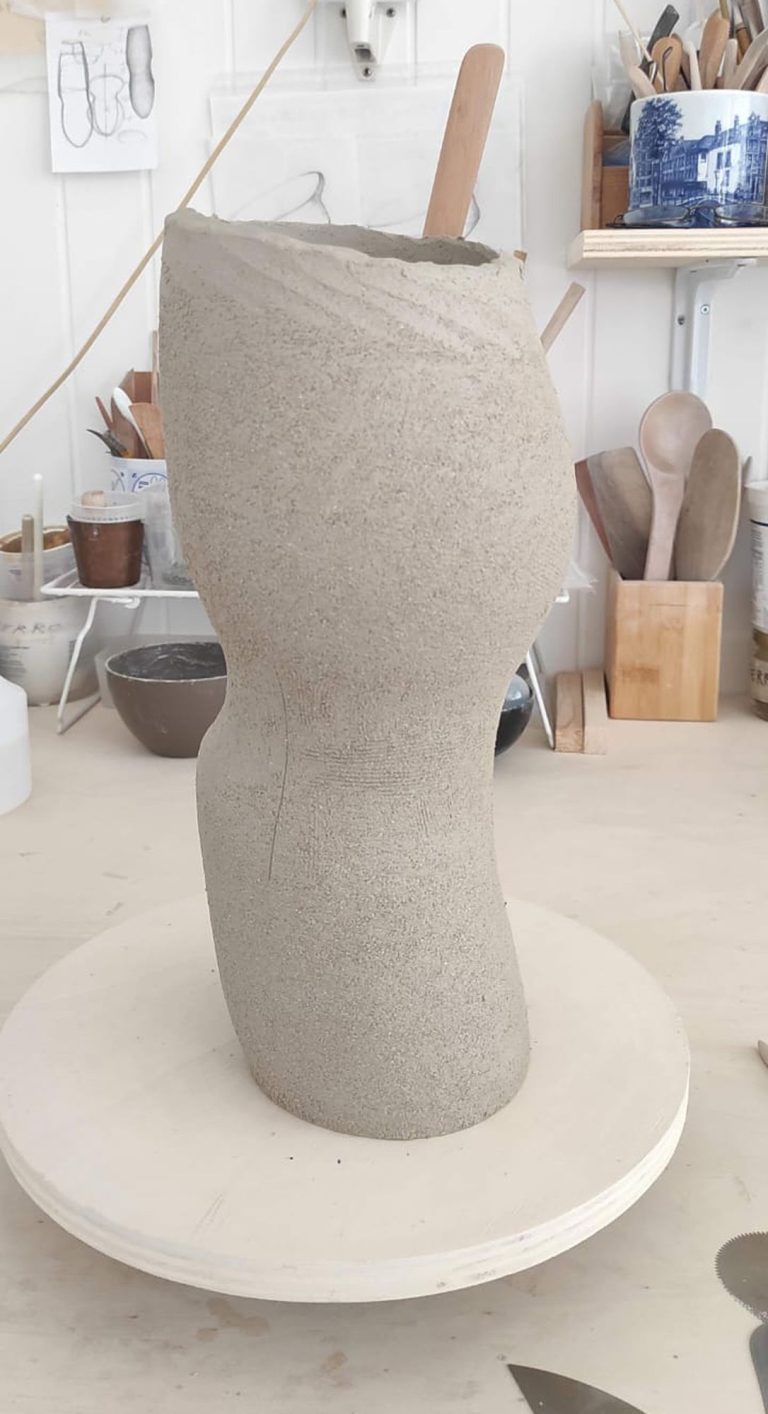
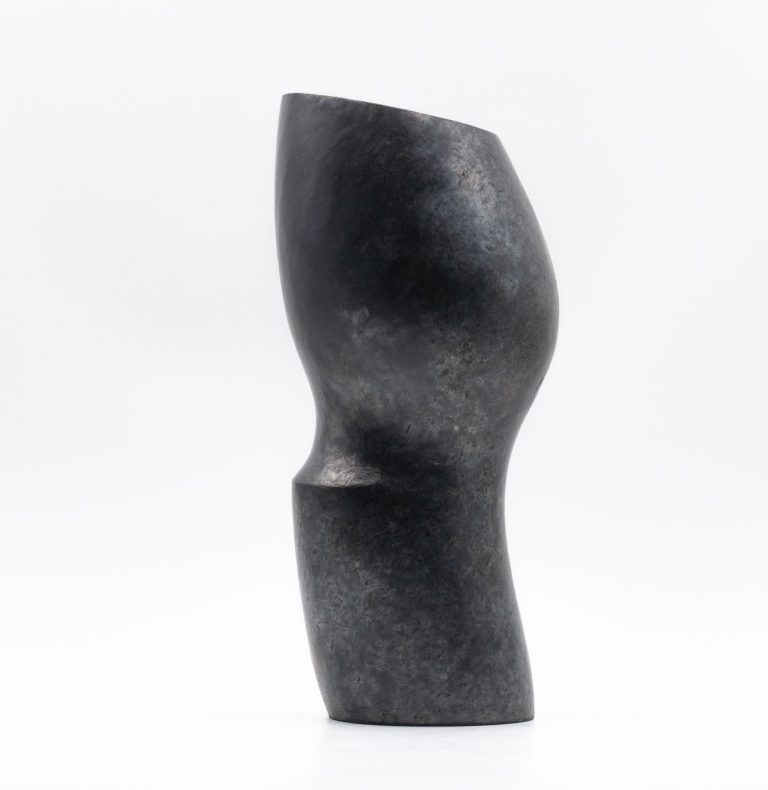
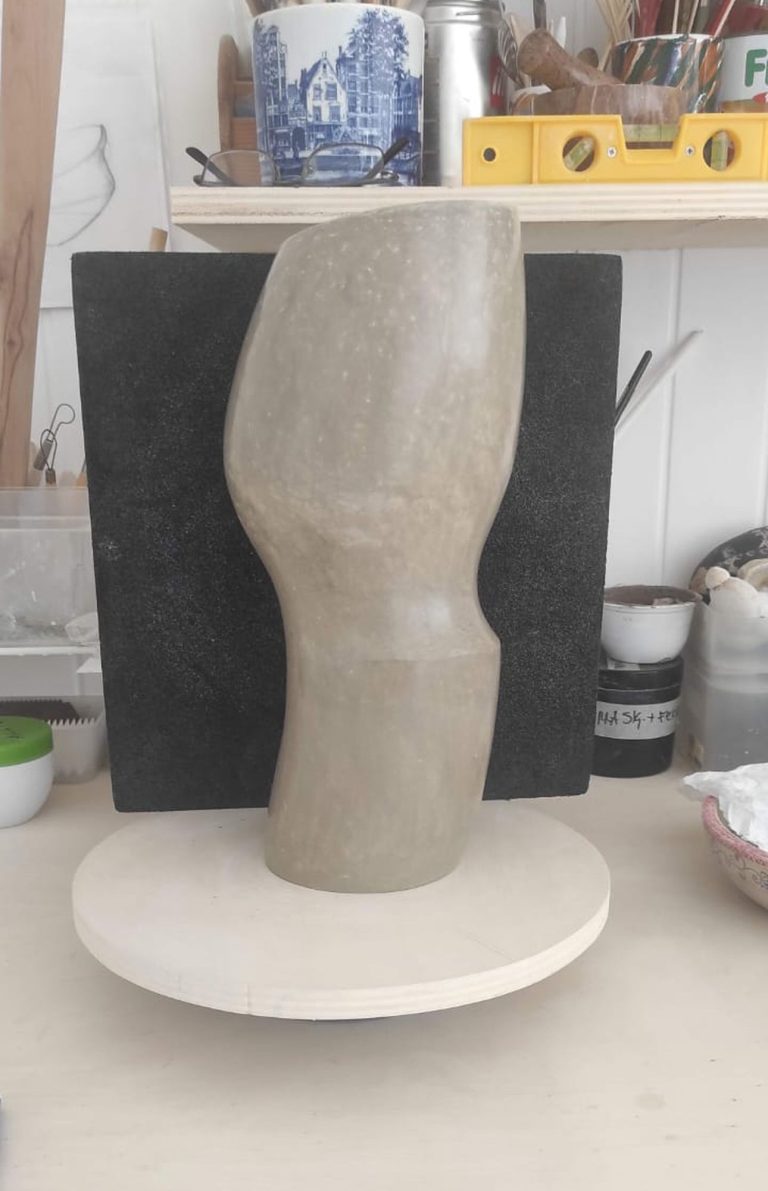
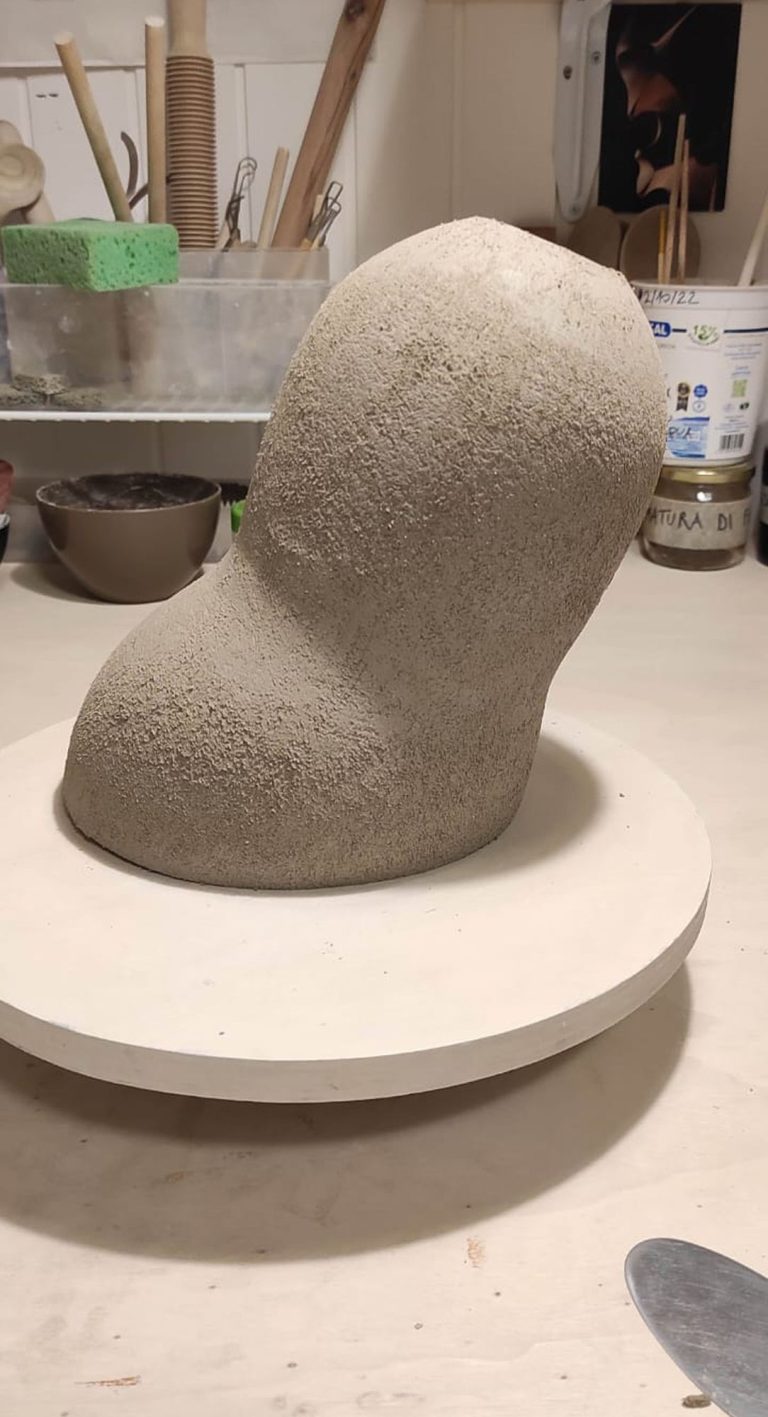
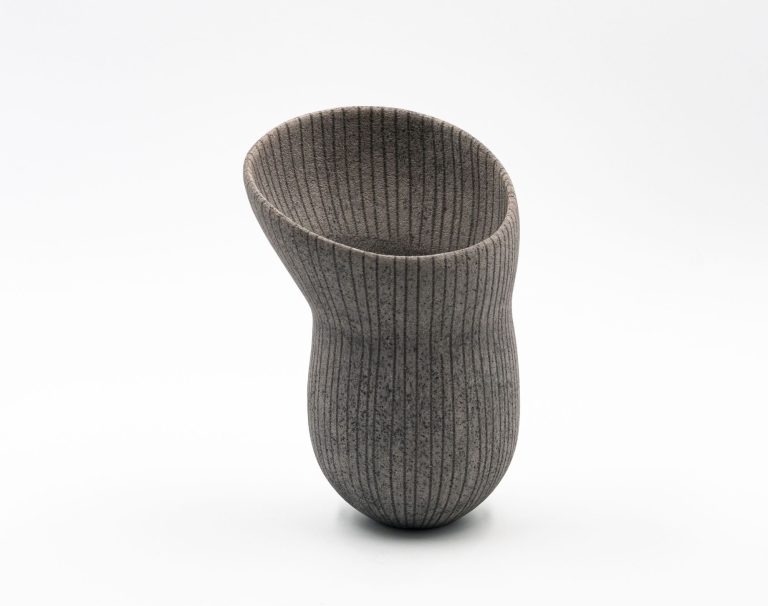
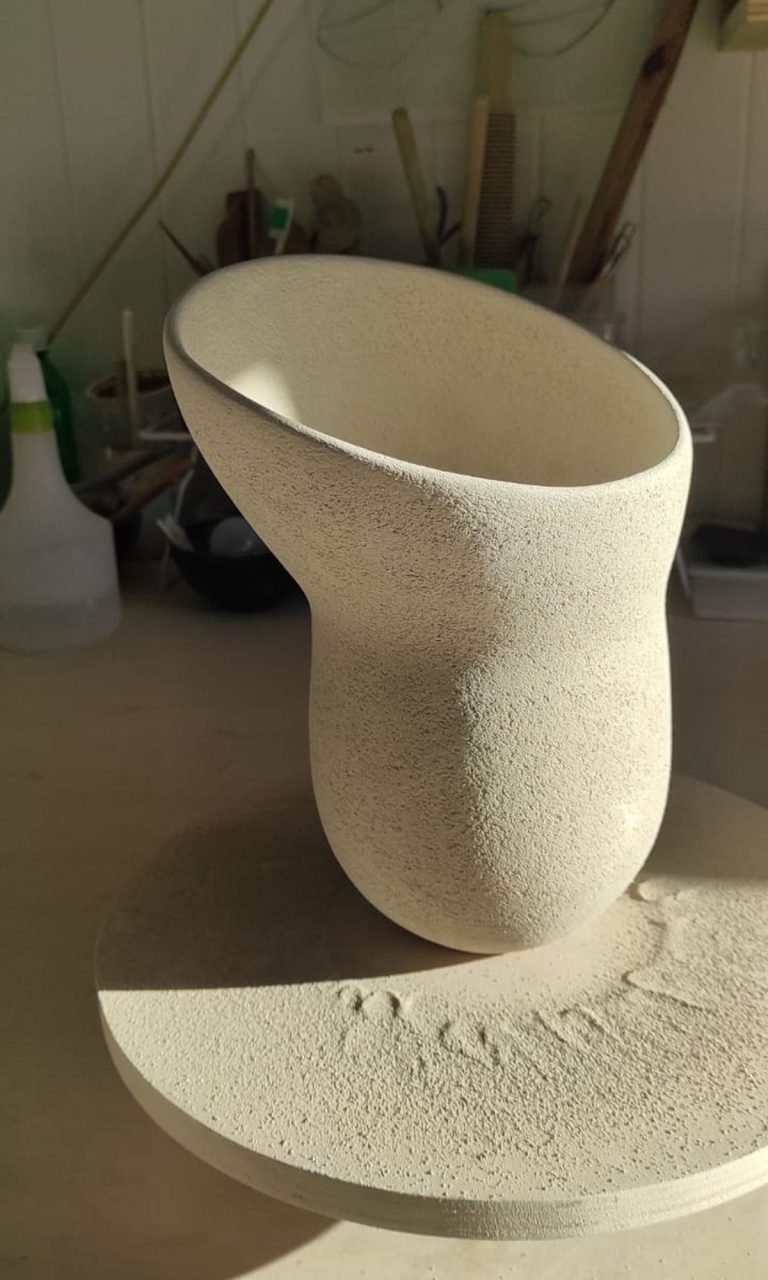
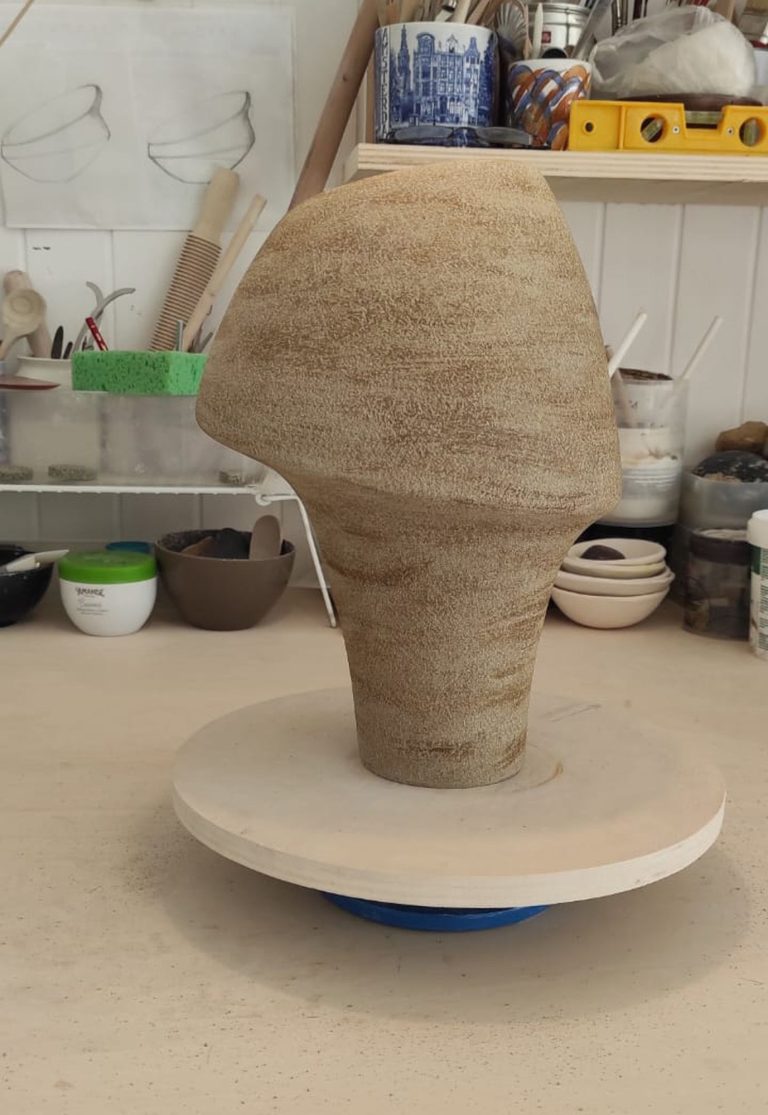
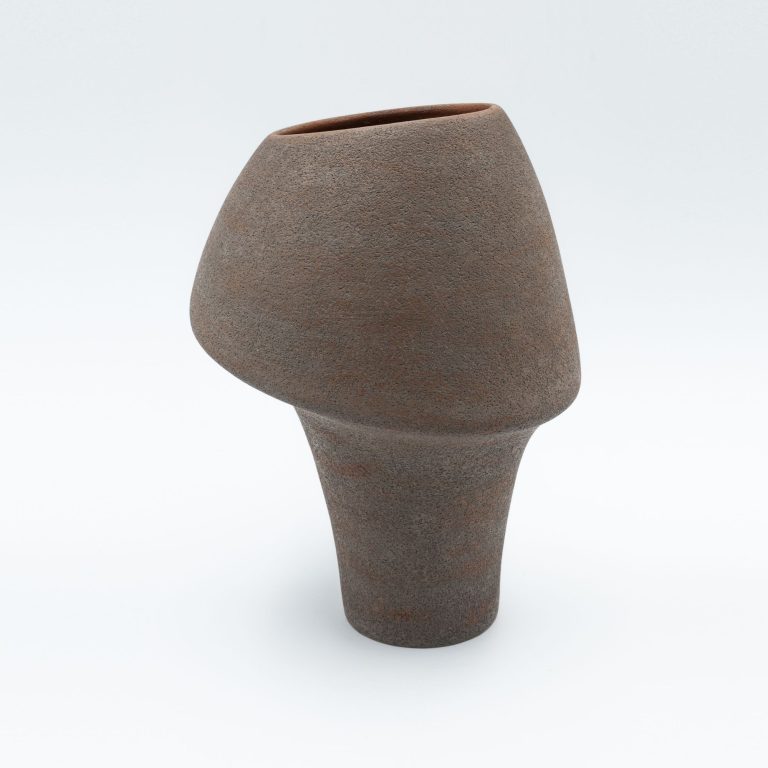
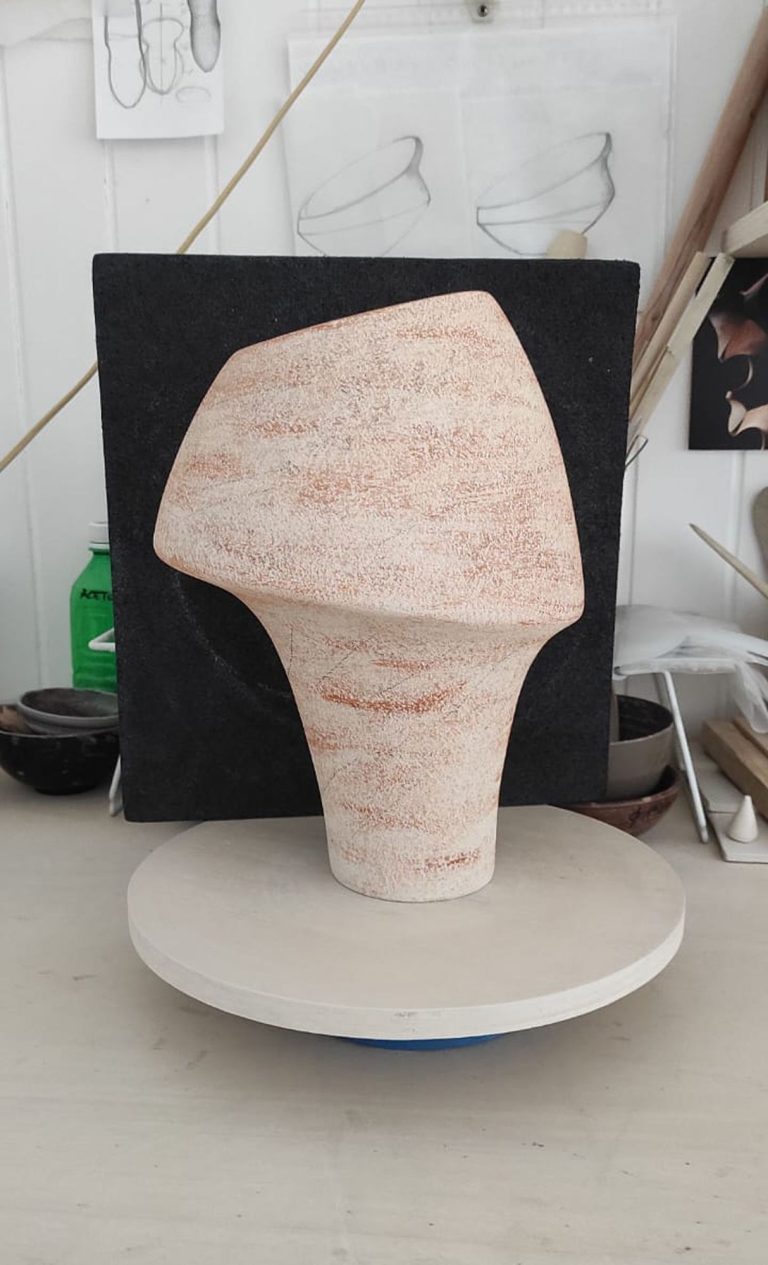
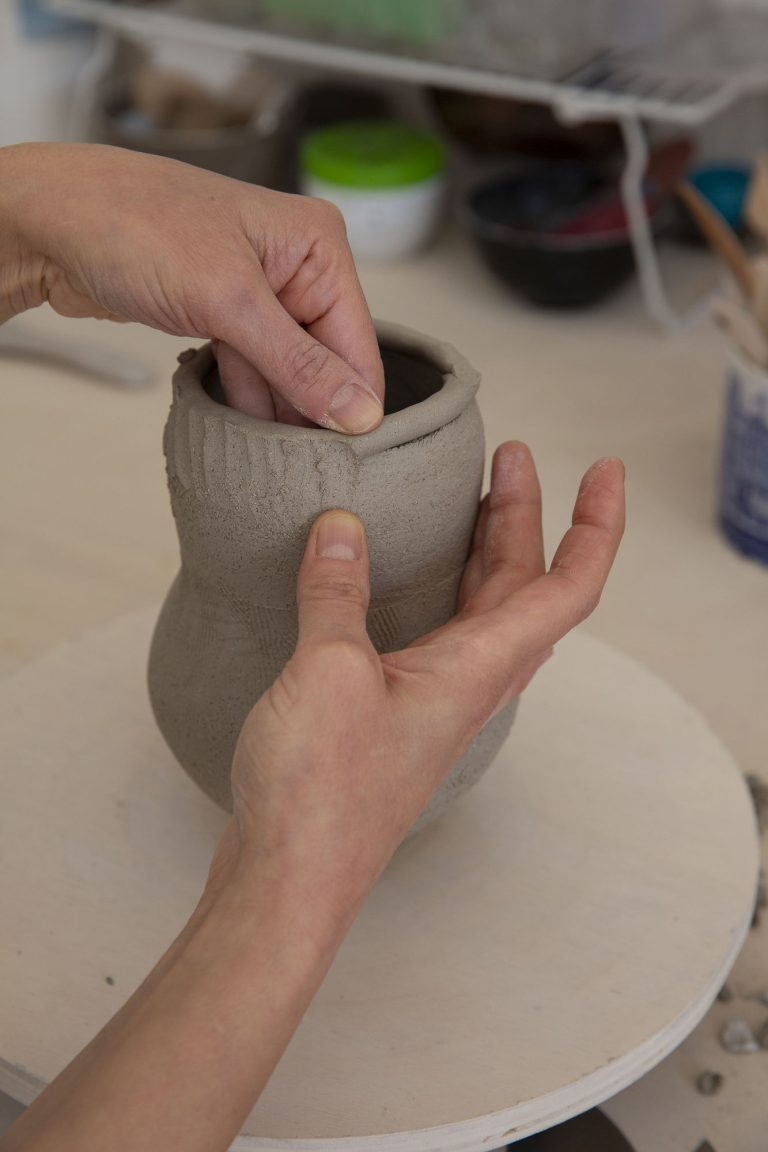
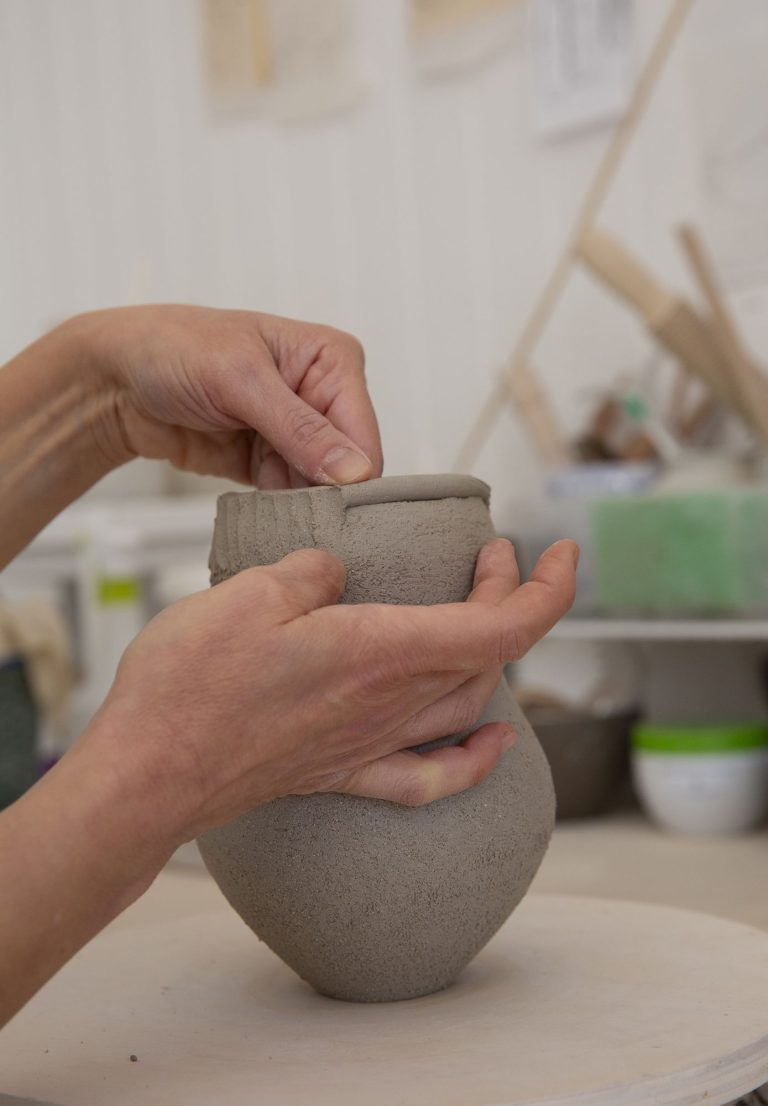
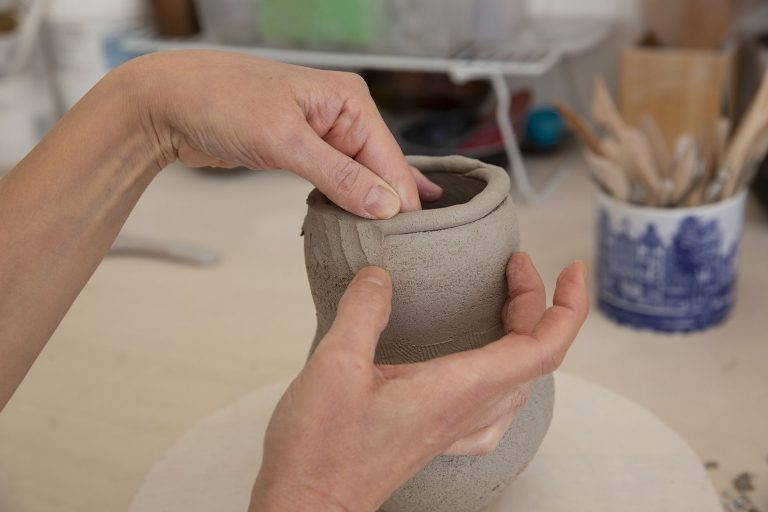
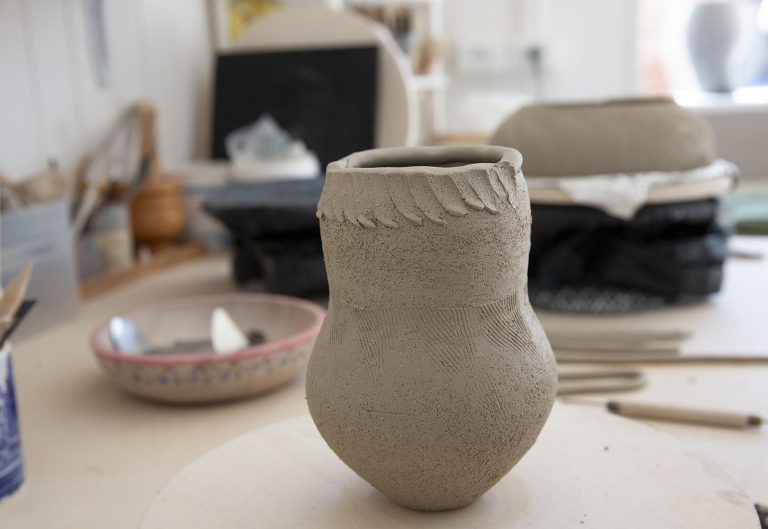
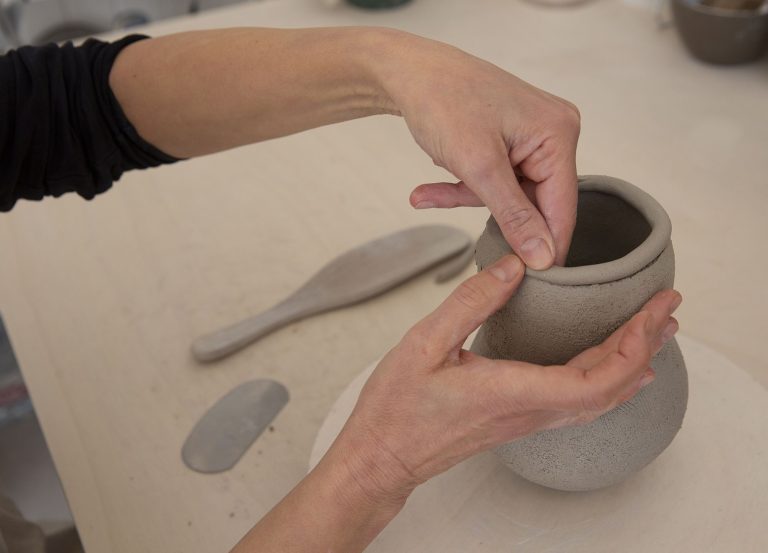
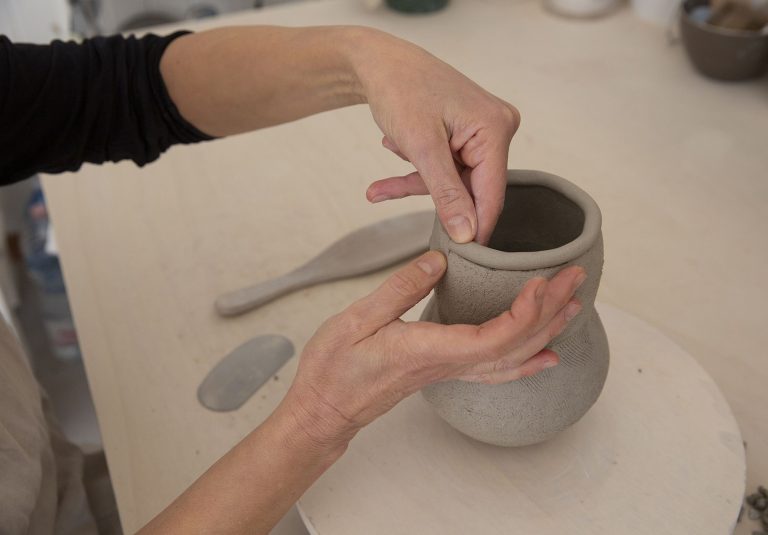
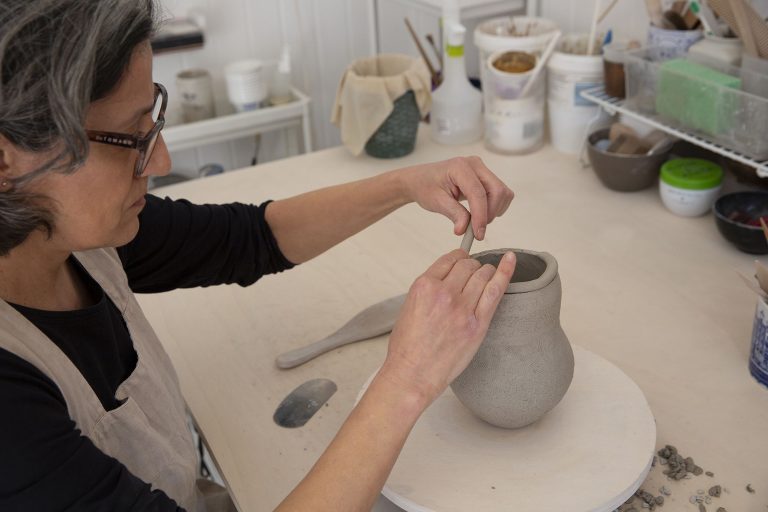
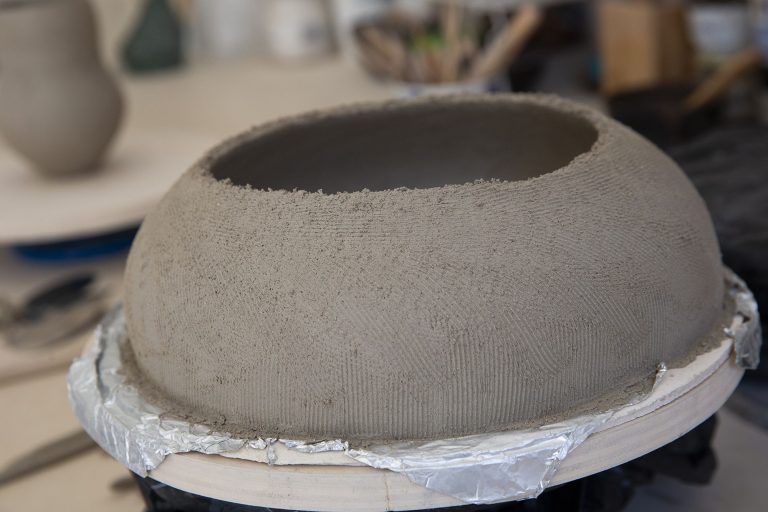
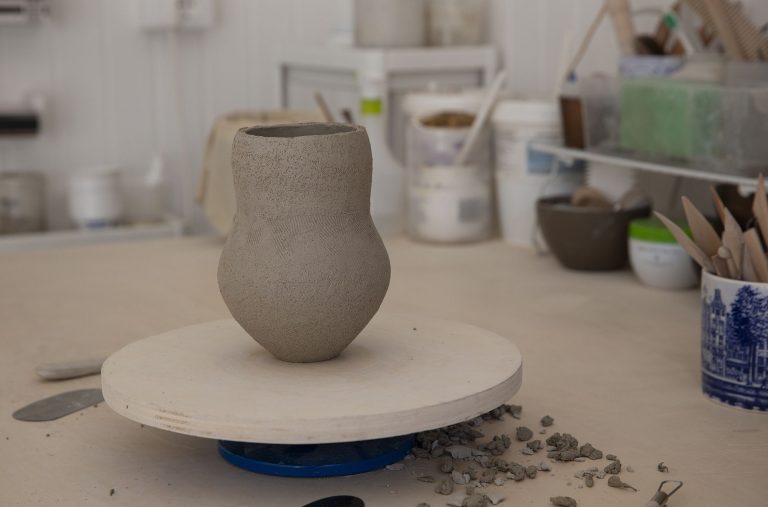
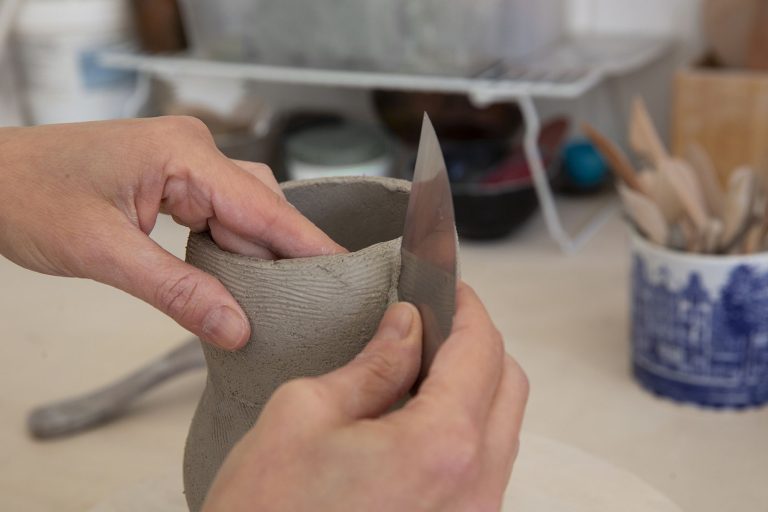
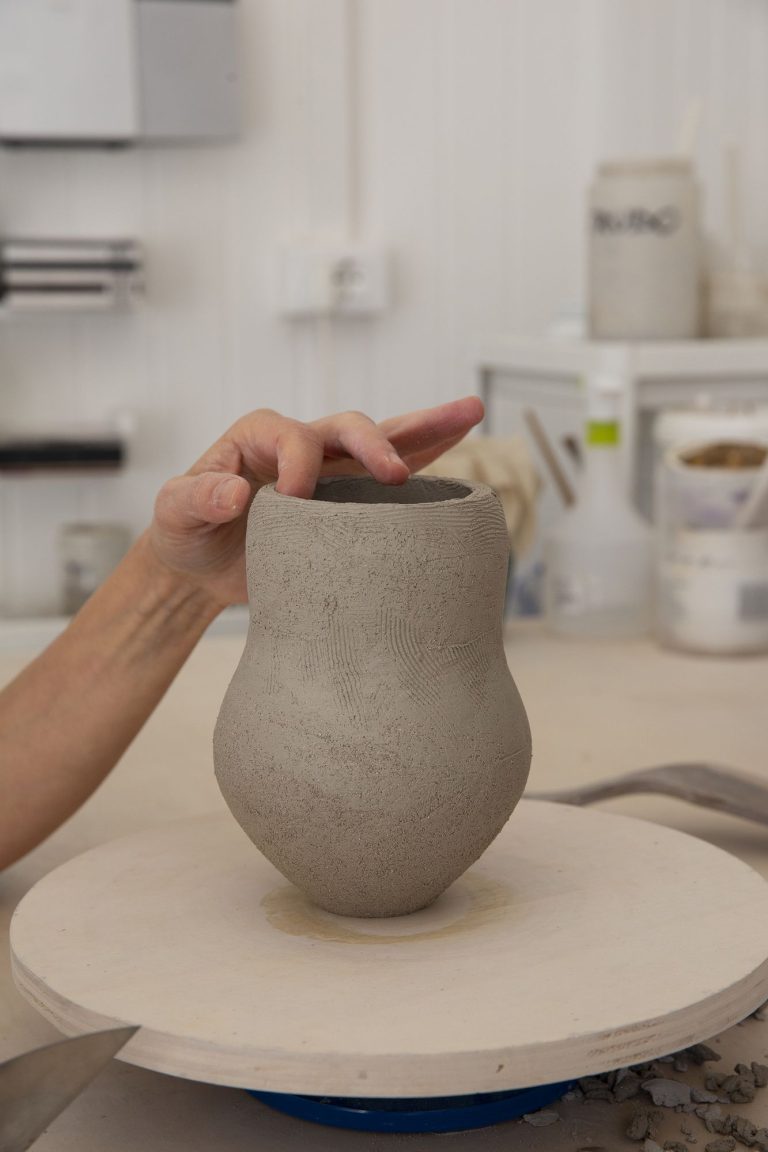
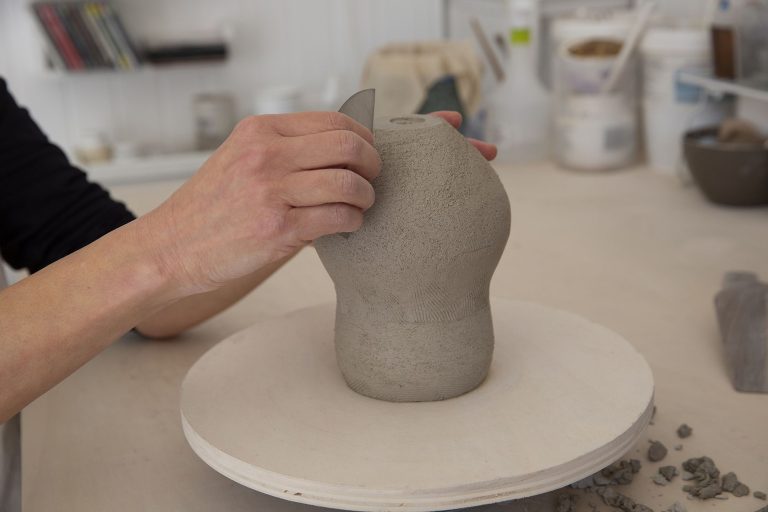
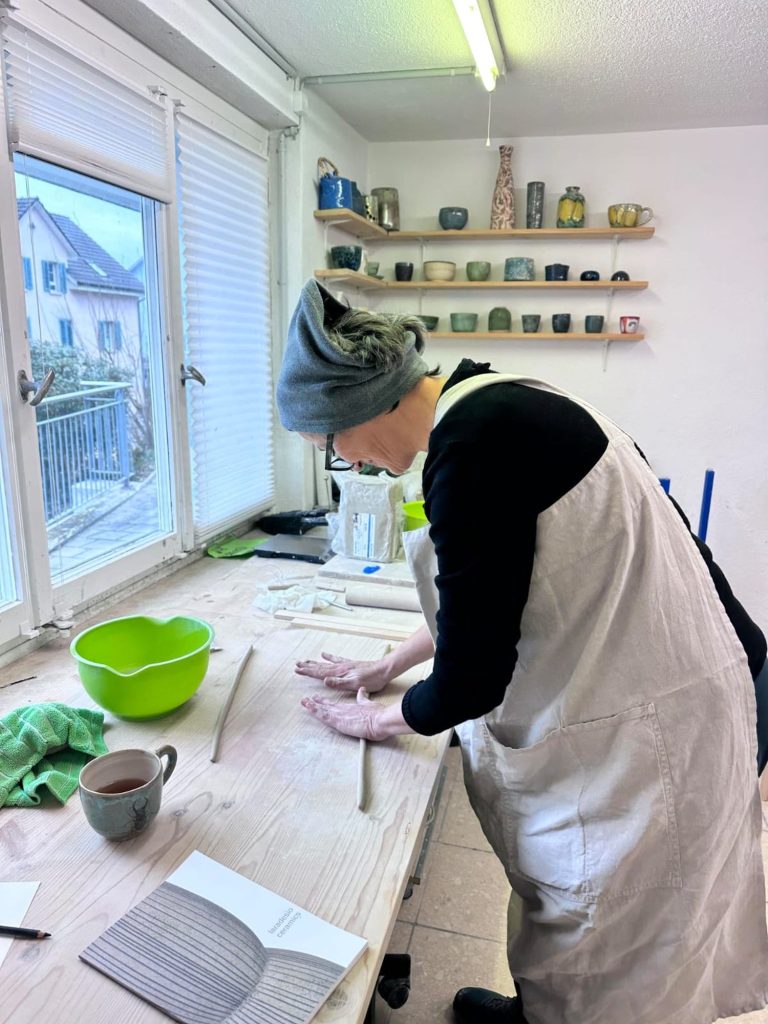
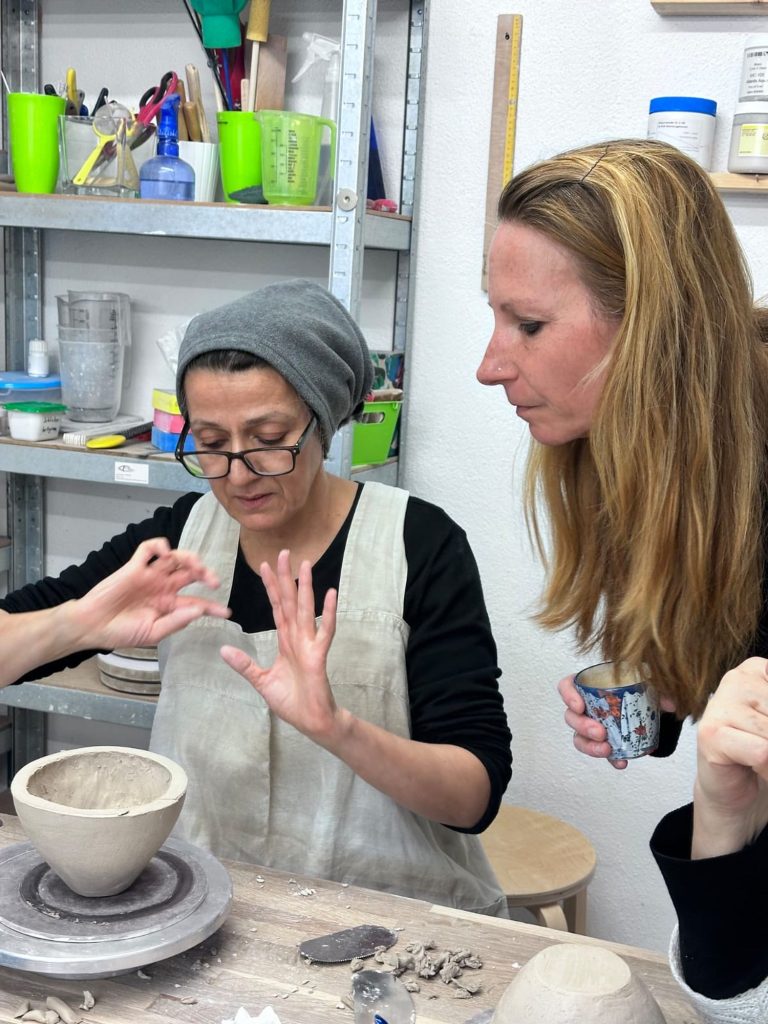
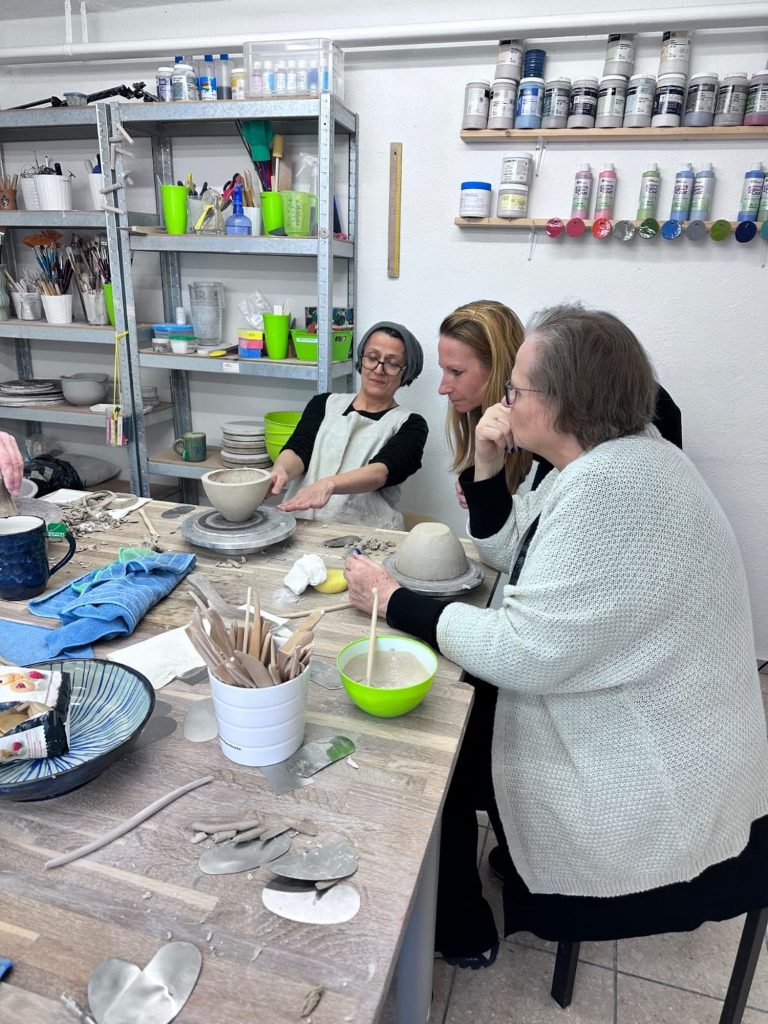
The coil method is one of the oldest and most essential techniques in ceramics. It consists of shaping pieces by layering hand-rolled coils of clay, then gradually assembling them to create an object. This method, both manual and intuitive, combines creative freedom with precise control of volume and structure.
The use of white semi-refractory clay brings numerous advantages to this approach. Its plasticity and heat resistance make it an ideal material for creating solid, durable, and technically accomplished vases. Furthermore, its white color particularly highlights textures and finishes, whether smooth, polished, or intentionally rough, thus offering a unique visual and tactile experience.
Morning
Afternoon
Morning
Afternoon
Morning
Afternoon
Morning
Afternoon
Morning
Afternoon
Note: The pieces can only be fired after complete drying. A possible second firing using the Naked Raku method may be considered with the management, as it cannot be carried out in the Venetian lagoon.
Born in Bolzano in 1968 and a graduate in architecture from the IUAV in Venice, Lara De Sio combines technical rigor with artistic audacity. After a career in architecture and design, notably at Venini and Barovier & Toso in Murano, she immersed herself in the world of ceramics, training in Naked Raku with the British ceramist David Roberts. Her work is distinguished by an exceptional mastery of the material, where each piece reveals a subtle balance between structure and emotion, tradition and modernity.
Since her first group exhibitions in Venice in 2005, Lara De Sio has participated in numerous international exhibitions, from the Talavera de la Reina Biennale to the Grassi Messe exhibition in Leipzig, and the Taoxichuan Spring Art Fair in China. A recipient of many awards, her works are held in permanent collections in Europe and Asia, attesting to her international recognition.
A multifaceted artist, she currently explores ceramics and glass, with a constant focus on light, texture, and gesture. Her recent projects, such as the glass sculptures for ArcadeMurano and the solo exhibition Umbrae at the Abscondita Gallery, demonstrate a rare inventiveness and sensitivity.
Based in Venice, Lara De Sio embodies the convergence of traditional craftsmanship and contemporary innovation, making each creation a unique visual and tactile journey.
Training 100% financeable by AFDAS, or partially covered by AGEFICE.
AFDAS can fully fund training courses conducted outside of France, under certain conditions.
This program is for affiliated or registered artists and authors, as well as performing arts professionals working on a freelance basis.
If you are eligible, we encourage you to contact our sales department beforehand via the "Information Request" form to prepare your application, or to register directly through the page of your chosen training course.
































